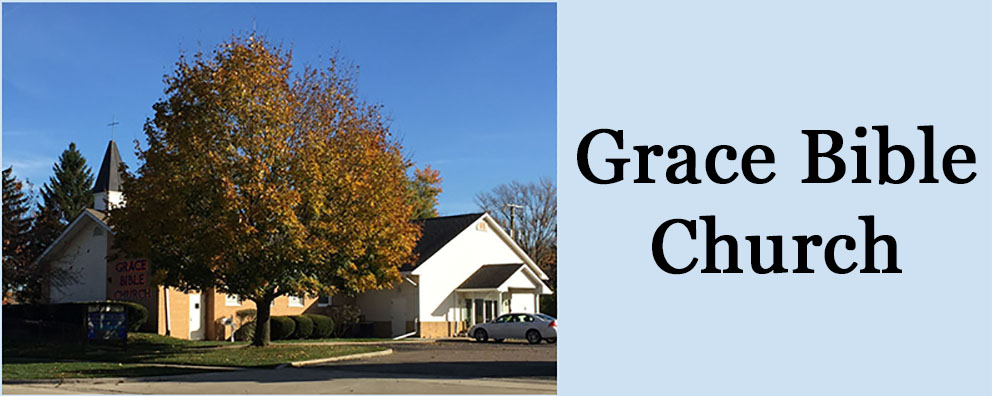Recently, I was reading again through your article on Salvation in the Old Testament. It is very well done and makes important points that I have not seen made in print previously. I think I largely agree with your view, but there are some things I am not clear on.
1. Based upon the article, it seems you would define the phrase “cut off” to refer to God deciding to cut someone off from his covenant blessings, including forgiveness, based upon the person’s sins. Would you agree with this definition or would you define “cut off” differently?
2. I think you would say that the cutting off is performed by God when someone sins. In other words, the cutting off is not the sinner being put to death by man or being expelled from Israel by man, but by God judicially declaring that the sinner is cut off from the covenant even while he continues as a normal resident of the physical nation of Israel. If this is the case, what does Exodus 31:14 mean? Does not the “for” in the middle of the verse indicate that the cutting off is accomplished by the Sabbath breaker being put to death?
3. If someone is “cut off” can they be restored? It seems the answer is that it depends on the reason for which they are cut off. For certain sins that cause one to be cut off, the punishment is death, and thus, the person cannot be restored to a right relationship with God. For other sins, a sacrifice can be offered that will restore the relationship with God. What is your perspective on this?
I appreciate any insight you can offer on these questions. Again, thanks for writing a helpful article.
Thanks for the comments on the Concept of Salvation in the OT. I don’t think many have given this idea proper consideration.
For the sake of time I will just briefly answer your questions, one point at a time as you made them.
1. Yes, “cut off” would be from a covenant relationship with God. To be cut off from “My (God’s) people” would be to be cut off from the promises made to them. This is what first happened to the Nations as a whole. Prior to that it was personal, as Cain was. Then from the outset, God warned Abraham about any of his seed that would not be circumcised (Gen 17). Then in Israel those who would not keep the day of atonement, and so on. Now in that age of grace, Israel (at first unbelieving Israel) as a whole is “cut off” or as Rom 11:15 says: “cast away,” and so begins the ministry of reconciliation.
2. Keep in mind, that someone who is “cut off” from God is not cut off just because they have sinned, but it seems to be more for willful rebellion. The warning in Ex 31:14 was at least in one example a physical death, but the verse also speaks of the soul. If you look at the many warnings of being cut off, such as not keeping the day of atonement, the rulers of Israel did not go around the nation executing everyone who did not show up for the feast. If you look at Deut 20:2,3 a person who sacrifices their child to Molech is to be stoned, but the next verse says “And I will set my face against that man, and will cut him off from among his people.” Here is a case of physical death followed by God doing something else to the soul.
3. Restoration is possible as long as the rebellious person is alive. This is what Ezekiel 18:4….21…26-28 is all about. This is the call to REPENTANCE! Also, know that it is not a sacrifice that is required. Leviticus 4, the sacrifices are for sins of ignorance, not a willful rebellion. Now consider Ps 51 and David’s sins of murder and adultery. David was not cut off and there was no sacrifice he could offer. Instead he says: “For thou desirest not sacrifice; else I would give it: thou delightest not in burnt-offering. The sacrifices of God are a broken spirit: a broken and contrite heart, O God, thou wilt not despise.”
